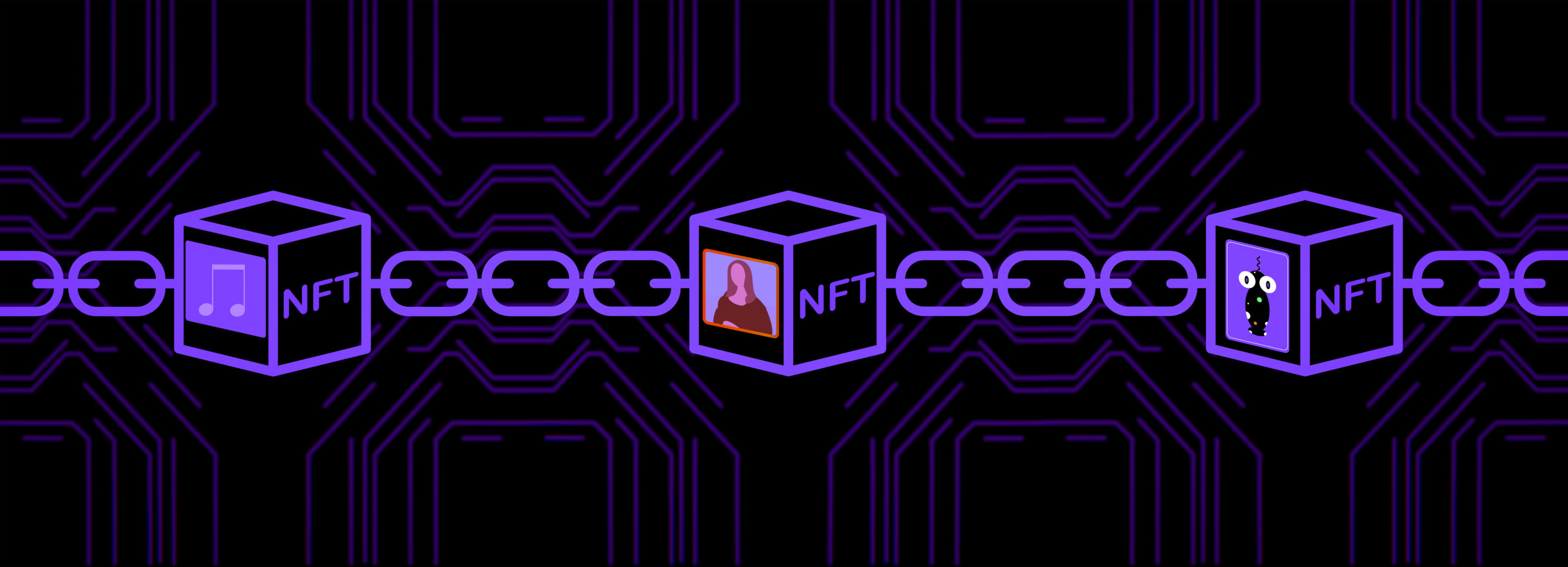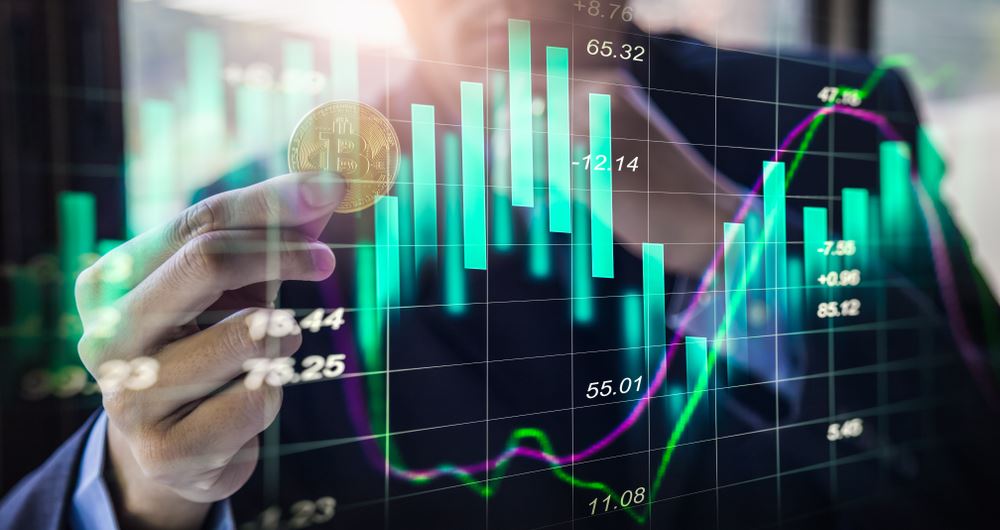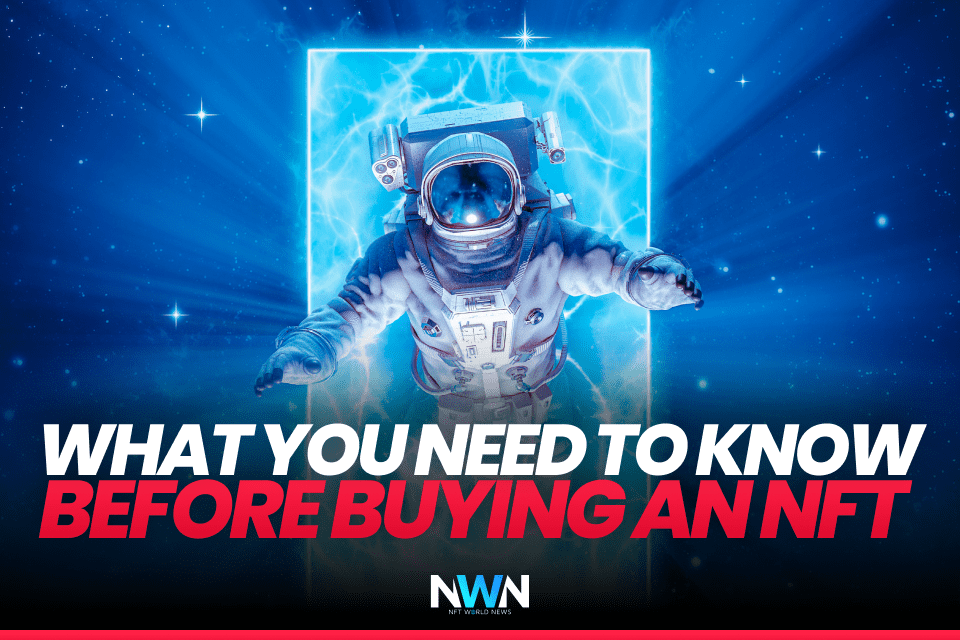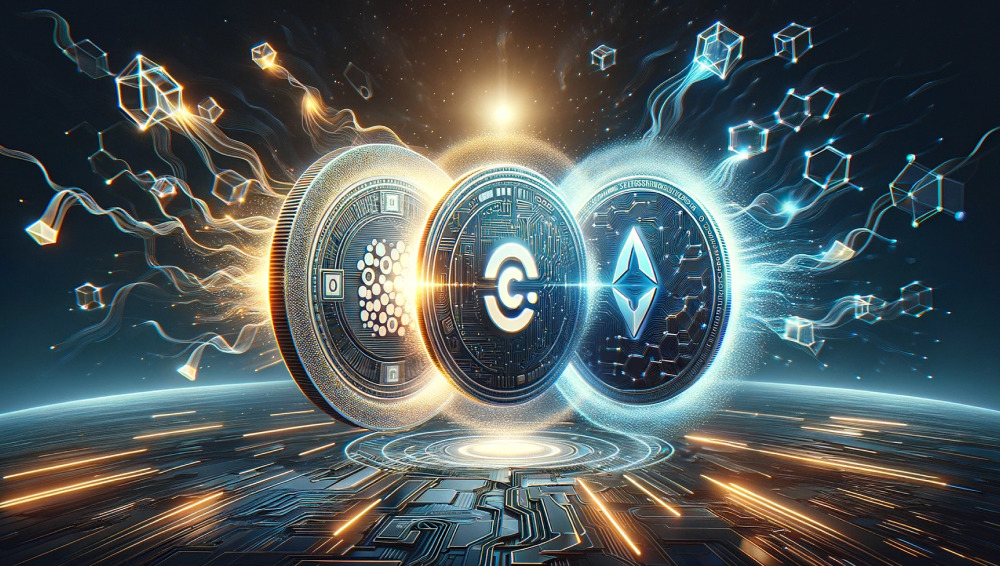Quick Summary
- Everyone wants to buy, sell or create NFTs nowadays with the intention to make profit. NFT space is still pretty new and contains many unanswered questions. Before you buy any NFTs, do a little research. Find out if you are going to own IP, volatility size, liquidity and goals of the project. Moreover, it is very important to know what is actually the utility of NFTs.
It goes without saying that the word “NFT” (non-fungible token) is the hottest word of the year 2021. Suddenly, all the people and companies wanna create, buy or sell them. Many individuals just seek profit, but there’s more to NFTs. It’s not just another way to make money. It’s changing how we view art, music, games, etc. If you want to buy some NFTs, there are a few things you should know before you do so. Let’s take a closer look at them.
What’s NFT
Before we dig in, you should know what a non-fungible token is. NFT is a digital asset that may or may not have intellectual property (IP) rights connected with owning it. That may leave many people wondering what they’re actually buying. NFTs are an important part of the decentralization process that cryptocurrencies and blockchain have started. They can be anything that is digital (most common NFTs are from art, music, fashion and more). Literally anything.

There are even tweets sold as NFTs for millions of dollars and anyone can own them. Anyone can even download it for free but only one person can own the original and its data is stored on the blockchain. However, most NFTs are created on the Ethereum blockchain but many people start to look for better ways as the transaction fees are really high.
“They provide an immutable and transparent record of ownership of a unique asset which can be seamlessly traded between buyers and sellers globally without the need for an intermediary or expert to verify authenticity,” Avron Goss, CSO of Royale Finance explained. “
Must-Know Before Buying an NFT
You May Not Own IP to Your NFT
Artists / Creators of NFTs own the IP rights, so you may only own the NFT. In order to utilize the NFT and use it somehow, you must own licensing fees. So, before you actually buy some collectibles, make sure you understand this. Buyers and sellers do not necessarily own the rights connected with having an NFT.
They Are Anything in a Digital Form
The essence of NFT is totally digital. You can print it and frame it in your apartment, but the right to any NFT is stored on the blockchain it was built on. It’s not like a real painting by Picasso, but like everything, it has its ups and downs.
NFTs Are Backed by Blockchain
One of the things that make NFTs so unique and mainstream currently is the fact, that they are all built on some blockchain (e.g. Ethereum or Tezos). This essence makes them transparent, available to everyone and easy&fast to transfer. It’s much easier than to sell a real painting worth millions which could take a few weeks.

They Are as Volatile as Cryptocurrencies
There are many assets you can trade, from real estate to stocks or bonds. However, cryptocurrencies are known as the most volatile markets out there. As NFTs are correlated with cryptocurrencies (they are actually built on the Ethereum blockchain), they are also that volatile, or even more. So, before you buy any NFT, make sure you understand its price can rise by 500% in a week but also drop in value by 50% in one day.
Utility of NFTs
One of the main utilities of NFTs is their uniqueness and scarcity. There will always be the first original NFT recorded on some blockchain. All the other pieces made after the first one that look similar are replicas, but there’s a record of the first one stored online. Moreover, certain art forms can be used in marketing campaigns if organizers own the NFT and its copyright. Otherwise, they would have to pay license fees. Another example is gaming NFTs, which can be used in-game and use those NFTs to battle, race and play and potentially even earn cryptocurrencies. More utility cases will be probably born over time.
Many Frauds Present
Frauds are real in the NFT world as in any other industry. So, before you decide to buy on a certain marketplace or buy an NFT you really like, make sure that it is legit through a little google research. No one wants to lose money to frauds, but many people still do because of impatience connected to decision-making.
Liquidity/Volume

If you look at the volume and liquidity of Bitcoin, Ethereum, or all the TOP 100 cryptocurrencies by market cap, you will see that you can buy and sell cryptocurrencies worth millions in an instant. This is not the case with NFTs. As they are non-fungible, they cannot be directly exchanged with another NFT. At some NFT projects, liquidity may be high, but most NFTs have low liquidity which can make you left alone with your NFT and have a hard time selling it. You also set the price you wanna sell the NFT for, so people who are not willing to pay the amount you ask, you are forced to hodl or sell under your desired price.
Best Questions to Ask Yourself Before Buying an NFT
What are you buying?
What are its pros and cons?
Do you get copyrights?
What’s the transaction cost?
Is the artist/marketplace legit?
Do I really want to buy this NFT or is it just FOMO?
What blockchain is this NFT built on?
Conclusion
A lot of people don’t hesitate to buy NFTs thrown at them but it’s necessary to ask yourself a question before investing your hard-earned money into any project. There are huge potential returns, but with every reward, there is a risk connected you need to keep in mind. Remember to ask the questions to yourself mentioned in this article and share this article to help those around you.
more to read
Who Will Be the First NFT Billionaire?
Strong Bullish Signal – Coinbase is Launching NFT Marketplace
sources: financemagnates, theverge, forbes, theconversation, medium
Rene Remsik
Disclaimer: This article is provided for informational purposes only. It is not offered or intended to be used as legal, tax, investment, financial, or other advice.
Disclaimer: This article is provided for informational purposes only. It is not offered or intended to be used as legal, tax, investment, financial, or other advice.





